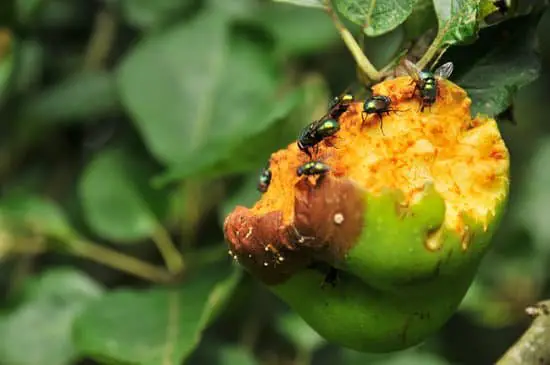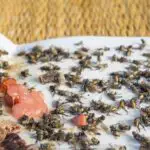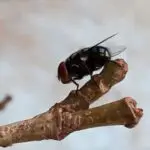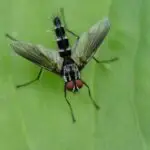How Do Insects Survive Freezing Temperatures?
If you’ve ever wondered how insects survive freezing temperatures, you’re not alone. Flies are no exception. The temperature inside of a refrigerator can be dangerously cold. Although the eggs of insects can survive below freezing temperatures, the temperature inside the freezer is usually not dangerous to flies.
Insects have evolved strategies to survive the cold, including the ability to produce their own antifreeze. They can also develop physical adaptations to the cold. Their most obvious defense is the glycerol they produce, an alcohol substance that works as an antifreeze. The glycerol prevents ice from forming in the cells. This helps them survive even when their bodies reach freezing temperatures.
Flies can survive the cold by utilizing the aquaporin proteins present in their cells. These proteins confer freeze-tolerance to certain species, such as fish, reptiles, amphibians, and insects. Scientists at Miami University have confirmed that the aquaporin proteins are important in protecting organisms against the cold. They found that inhibiting these proteins killed gall fly tissue. In addition, they found that these proteins pushed water out of the cells before they could freeze, which would have resulted in burst cell death.
In addition to this, flies also collect fat in their bodies, and dissecting the bodies of overwintering flies shows that flies do not die from freezing temperatures. However, the cold temperature does slow their metabolism. The flies don’t need a lot of energy to survive. In addition to that, they will go in search of sunlight to stay warm.








